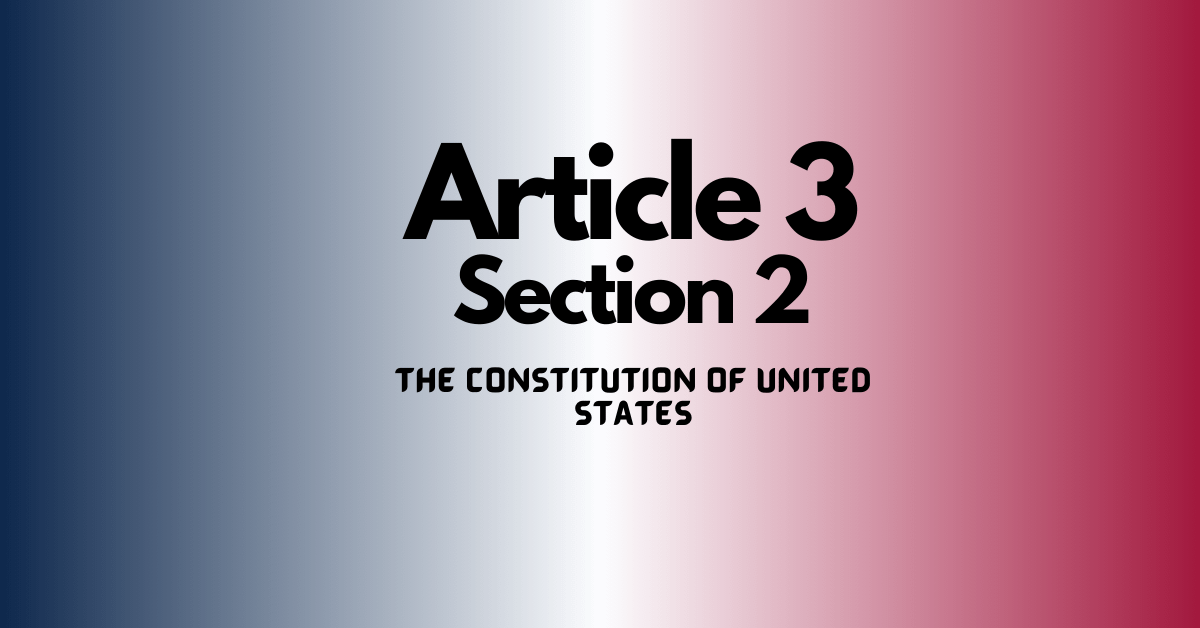Article 3 , Section 2 (Original text):
The judicial Power shall extend to all Cases, in Law and Equity, arising under this Constitution, the Laws of the United States, and Treaties made, or which shall be made, under their Authority; – to all Cases affecting Ambassadors, other public Ministers and Consuls; – to all Cases of admiralty and maritime Jurisdiction; – to Controversies to which the United States shall be a Party; – to Controversies between two or more States; – [between a State and Citizens of another State;-] between Citizens of different States, between Citizens of the same State claiming Lands under Grants of different States, [and between a State, or the Citizens thereof;- and foreign States, Citizens or Subjects.]
In all Cases affecting Ambassadors, other public Ministers and Consuls, and those in which a State shall be Party, the supreme Court shall have original Jurisdiction. In all the other Cases before mentioned, the supreme Court shall have appellate Jurisdiction, both as to Law and Fact, with such Exceptions, and under such Regulations as the Congress shall make.
The Trial of all Crimes, except in Cases of Impeachment; shall be by Jury; and such Trial shall be held in the State where the said Crimes shall have been committed; but when not committed within any State, the Trial shall be at such Place or Places as the Congress may by Law have directed.
Explanation:
This section outlines the jurisdiction of the judicial power, including its extent, original and appellate jurisdiction of the supreme Court, and the trial of crimes.
Jurisdiction of the Judicial Power
- Extent of Jurisdiction:
- The judicial power extends to all cases in law and equity that arise under the Constitution, laws of the United States, and treaties made under their authority.
- It also includes cases involving ambassadors, other public ministers and consuls, admiralty and maritime jurisdiction, controversies in which the United States is a party, controversies between states, and disputes between citizens of different states or involving land grants from different states.
- Original and Appellate Jurisdiction:
- The supreme Court has original jurisdiction in cases involving ambassadors, other public ministers and consuls, and those in which a state is a party.
- In all other cases mentioned, the supreme Court has appellate jurisdiction, which covers both legal and factual matters. However, Congress can make exceptions and regulations regarding this jurisdiction.
- Trial of Crimes:
- The trial of all crimes, except in cases of impeachment, must be conducted by a jury.
- The trial shall take place in the state where the crimes were committed. If the crimes were not committed within any state, Congress may direct the location of the trial by law.
FEEL FREE TO ASK DOUBTS IN THE COMMENTS.
